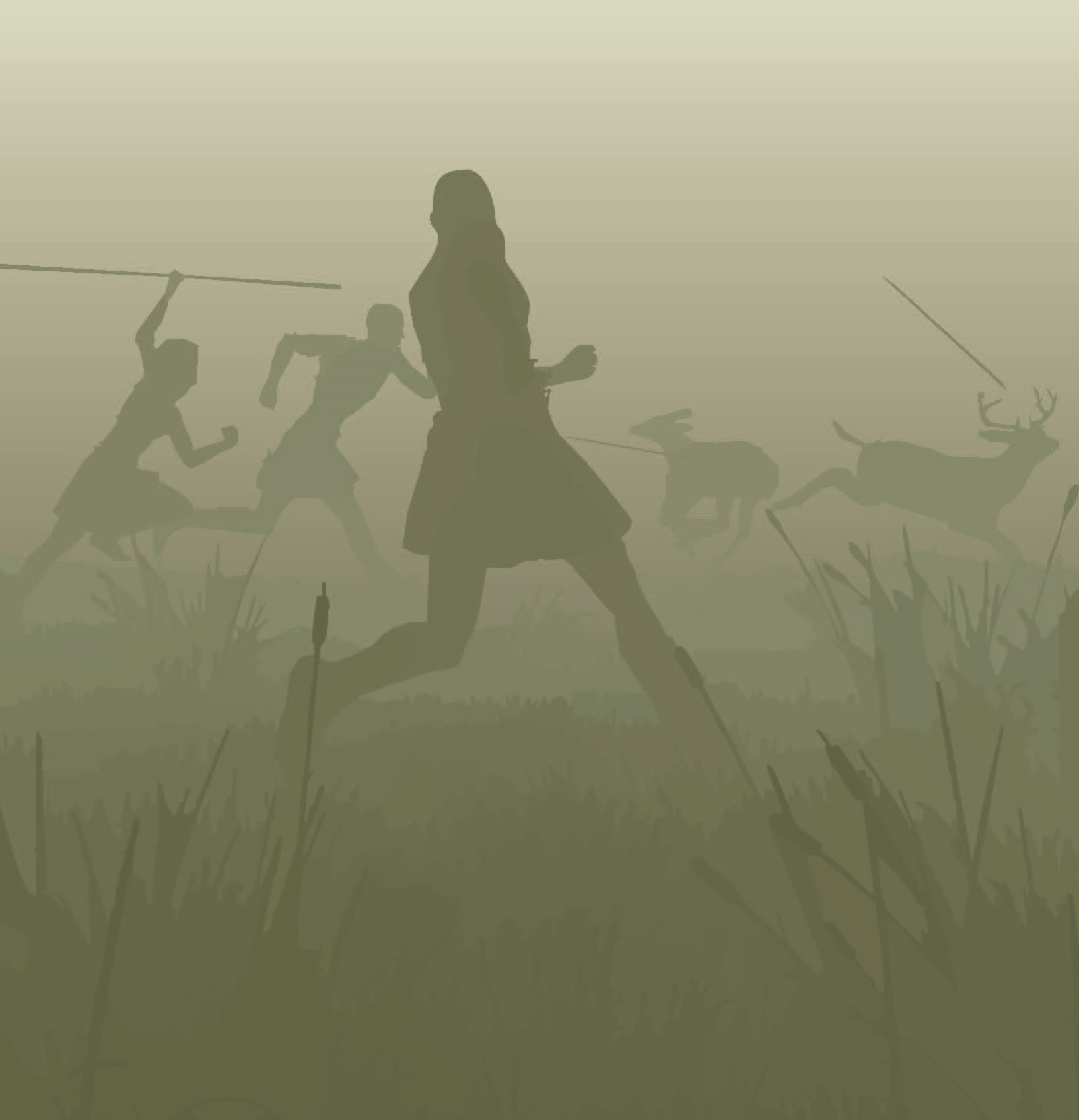From hunter gatherers to huntsmen: A history of the Stansted landscape. Specialists' reports

Description
The expansion of Stansted Airport provided an opportunity to investigate a large area of clay plateau, typical of the north-west Essex landscape. Sporadic activity from the Palaeolithic period was found but the first settlements date to the Middle Bronze Age. From the Middle Iron Age onwards, increasing settlement and population density led to the enclosure of the landscape. Farming and settlement concentrated on the more fertile river valleys and the slopes of the heavily wooded plateau.
The Romano-British period saw a decline in the rural population, whilst increasing agricultural intensification led to the first systematic farming of the clay plateau. Documentary sources indicate woodland regeneration in the post-Romano-British period. Indeed, much of the history of the Saxon and medieval settlement of the area concerns the relationship between agricultural expansion and the surrounding woodland, whilst deer parks such as Stansted Park allowed landowners to demonstrate their mastery of the landscape and its wildlife.
Specialists' reports.
Details
| Published | Published By | Pages | |||||||||||||||||||||||||||||||||||||||||||||||||||||||||||||||||||||||||||||||||||||||||||||||||
|---|---|---|---|---|---|---|---|---|---|---|---|---|---|---|---|---|---|---|---|---|---|---|---|---|---|---|---|---|---|---|---|---|---|---|---|---|---|---|---|---|---|---|---|---|---|---|---|---|---|---|---|---|---|---|---|---|---|---|---|---|---|---|---|---|---|---|---|---|---|---|---|---|---|---|---|---|---|---|---|---|---|---|---|---|---|---|---|---|---|---|---|---|---|---|---|---|---|---|---|
| Jan. 1, 2008 | Framework Archaeology | 572 | |||||||||||||||||||||||||||||||||||||||||||||||||||||||||||||||||||||||||||||||||||||||||||||||||
| License Information | |||||||||||||||||||||||||||||||||||||||||||||||||||||||||||||||||||||||||||||||||||||||||||||||||||
| Copyright © Wessex Archaeology. This work is openly licensed via CC BY-NC-ND 4.0 | |||||||||||||||||||||||||||||||||||||||||||||||||||||||||||||||||||||||||||||||||||||||||||||||||||
